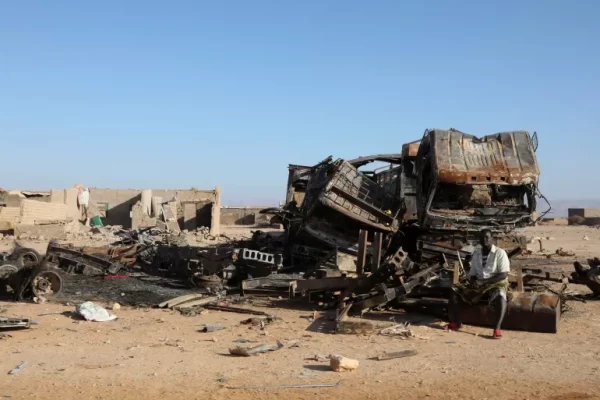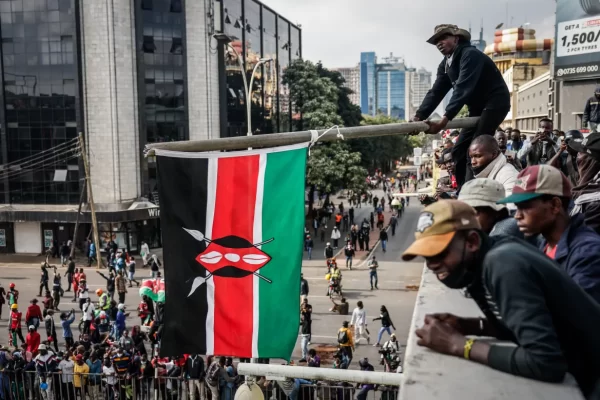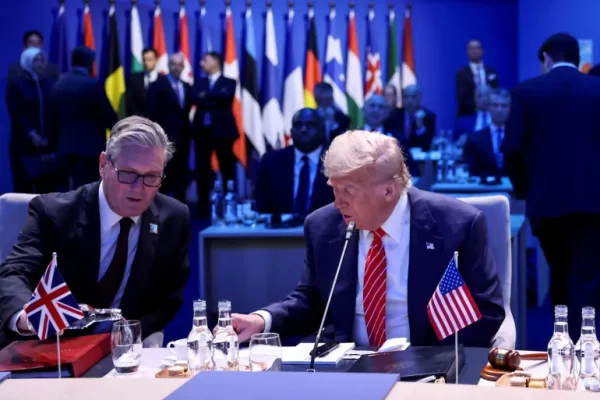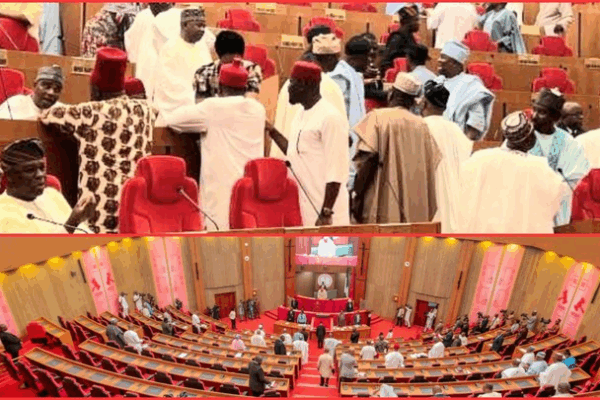A heated debate erupted in the Nigerian Senate on Wednesday over the confirmation of nominees to the Rivers State Independent Electoral Commission (RSIEC), with lawmakers clashing over the appointment of Michael Odey, a Cross River State native, as chairman. The controversy emerged during deliberations on the report of the Senate ad-hoc committee on the emergency rule in Rivers State. Lawmakers raised concerns over ethics, constitutional interpretation, federal character principles, and political impartiality in a state currently under emergency governance. Despite stiff opposition from senators across party lines, the Senate confirmed Odey’s appointment along with six others: Lezaasi Torbira, Arthur Nwafor, Godfrey Mbudiogha, Joyce Akaniwor, Olive Bruce, and Chidi Halliday. The nominations, earlier submitted by President Bola Tinubu, were screened by an 18-member ad-hoc committee chaired by Senate Leader Opeyemi Bamidele (APC, Ekiti Central). During plenary, Senator Abdul Ningi (PDP, Bauchi Central) led the dissent, questioning why a non-indigene was chosen to head a sensitive state electoral body. “There is no logical reason why a Rivers man cannot chair this Electoral Commission,” he argued. Supporting him, Senator Mohammed Ali Ndume (APC, Borno South) called for moral responsibility beyond constitutional legality, warning against undermining local trust. “We are supposed to be guided not just by the Constitution, but also by conscience,” he said. Senator Abba Moro (PDP, Benue South) raised concerns over political optics, especially given that the Rivers State administrator is also from Cross River. “We are looking at ethics. Six members are from Rivers—why not the chairman too?” he asked. In defense, Senate Chief Whip Mohammed Tahir Monguno (APC, Borno North) insisted that constitutional provisions take precedence over regional sentiments. “Any Nigerian can be appointed anywhere. We swore to uphold the Constitution,” he maintained. Senate Leader Bamidele emphasized that the appointment complied with constitutional eligibility requirements, stressing Odey’s educational qualifications and neutrality. “Rather than grandstand, if we disagree with the court, we should legislate,” he said. Deputy Senate President Barau Jibrin echoed this sentiment, citing similar appointments in other states. “The Head of Service in Abia is from Edo, and nobody complained because it came from a Labour Party governor. But now that it’s APC, it’s an issue,” he said. The Senate ultimately dissolved into the Committee of the Whole and adopted the report, confirming all seven RSIEC nominees despite lingering divisions over federal character and political balance.









